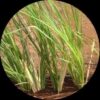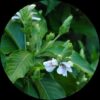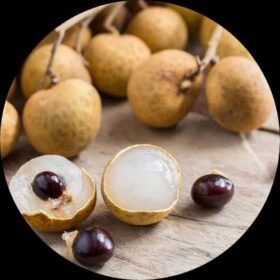- Empty cart.
- Continue Shopping
Shatavari (Asparagus Racemosus)
₹238.00Current price is: ₹238.00. Original price was: ₹375.00.
Genus : Asprasgus
“Discover the power of Shatavari Plant, a revered Ayurvedic herb known for its wellness-promoting properties. This versatile plant supports vitality, hormonal balance, and overall well-being. With its slender leaves and graceful presence, the Shatavari Plant adds beauty and tranquility to any garden. Embrace the natural healing of Ayurveda and incorporate Shatavari into your holistic health regimen.”
Add to cart
Asparagus racemosus, also known as Shatavari, is a species of asparagus that belongs to the Asparagaceae family. It is native to India and is widely cultivated in other parts of Southeast Asia.
The Asparagus racemosus plant is a climbing perennial that can grow up to 1-2 meters tall. It has long, slender stems with small, needle-like leaves that are arranged in a symmetrical pattern. The plant produces small, white, bell-shaped flowers that are arranged in clusters along the stems.
The roots and rhizomes of the Asparagus racemosus plant have been used in traditional Ayurvedic medicine for centuries for their medicinal properties. They are known to have a variety of health benefits, including improving digestion, boosting immunity, and reducing inflammation. The plant is also believed to have rejuvenating properties, which have earned it the name “Queen of Herbs” in Ayurvedic medicine.
The Asparagus racemosus plant is also used as a natural remedy for women’s health issues, including menopause and menstrual problems. It is believed to help balance hormone levels and promote healthy reproductive function.
The Asparagus racemosus plant is easy to grow and requires little maintenance. It prefers well-draining soil and partial shade. The plant can be propagated from seeds or by dividing the rhizomes.
Overall, the Asparagus racemosus plant is a valuable medicinal plant that has been used for centuries in traditional medicine. Its wide range of health benefits and rejuvenating properties make it a popular herb in Ayurvedic medicine, while its ease of cultivation makes it a valuable addition to any garden or farm.
Add a review
Currently, we are not accepting new reviews














Reviews
There are no reviews yet